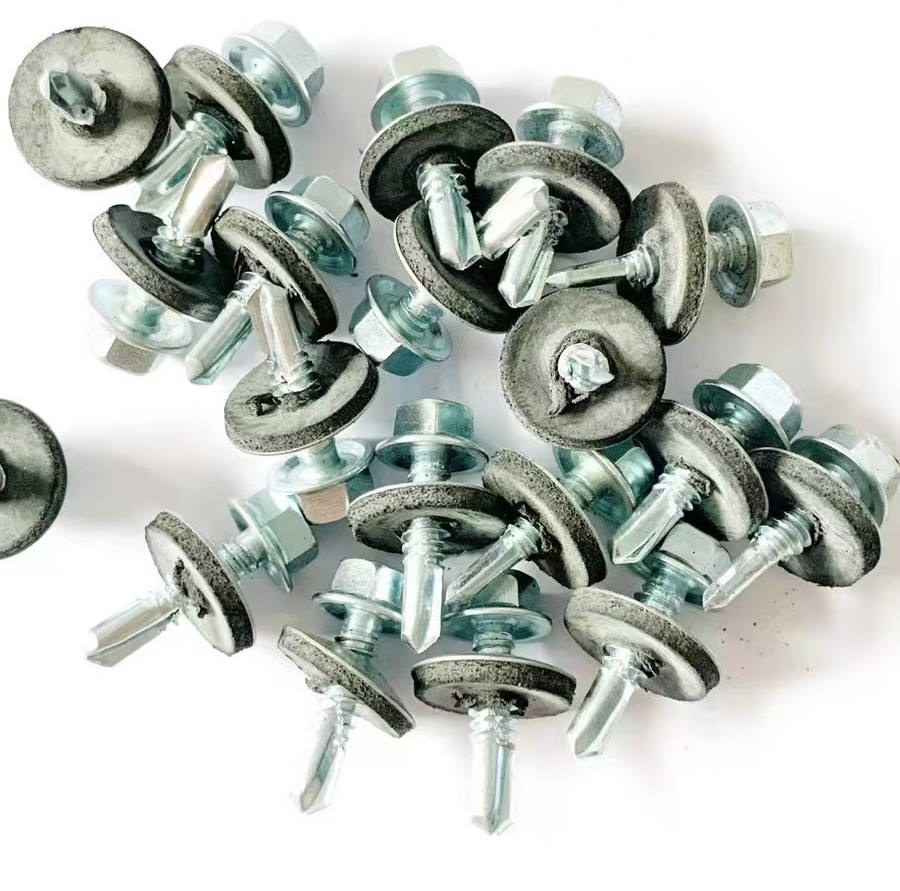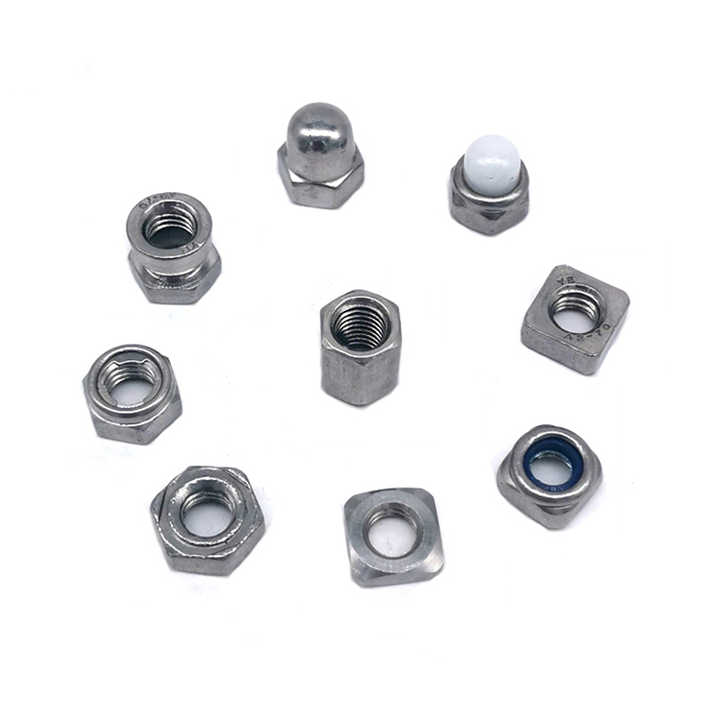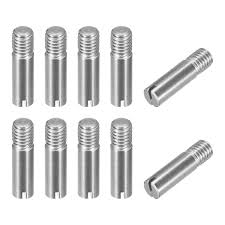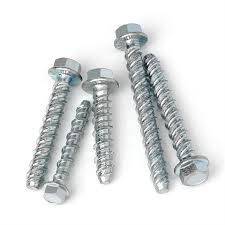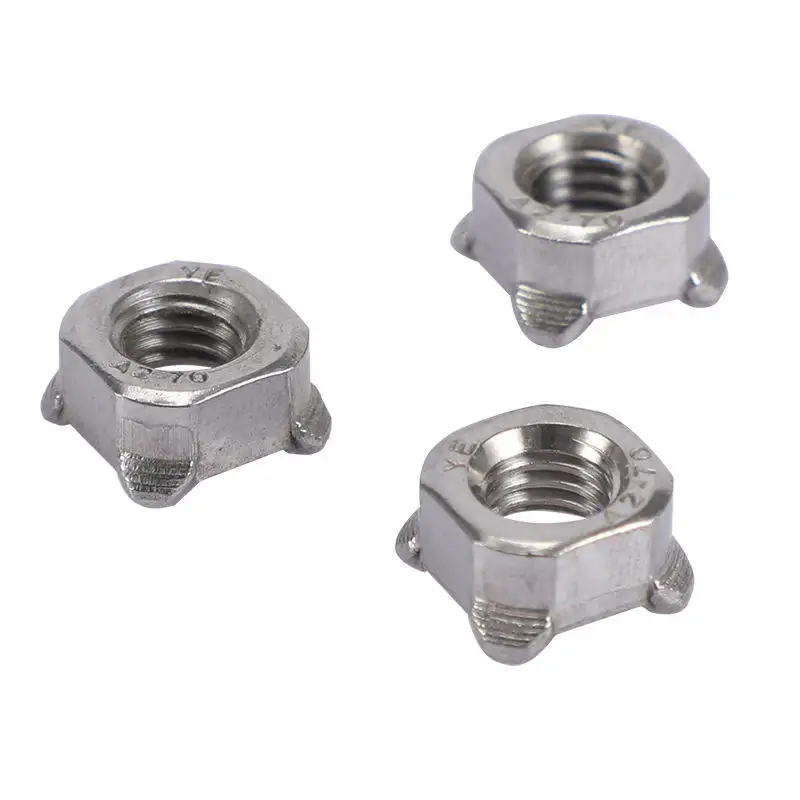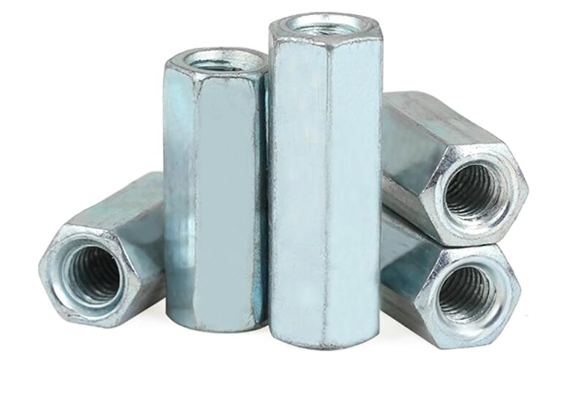Understanding and Selecting the Right Nut Lock for Your Application
This comprehensive guide explores the world of nut locks, providing you with the knowledge to choose the best fastening solution for your specific needs. We'll delve into various types, their applications, advantages, and disadvantages, helping you avoid common pitfalls and ensure secure, reliable connections.
Types of Nut Locks
All-Metal Nut Locks
All-metal nut locks, often made from steel or stainless steel, offer high strength and resistance to vibration and loosening. Common types include:
- Castle Nuts: These nuts feature slots that allow for the insertion of a cotter pin, preventing rotation and loosening. Ideal for applications requiring high reliability.
- Jam Nuts: Two standard nuts are tightened against each other, creating friction to prevent loosening. A simple and cost-effective solution for many applications.
- Prevailing Torque Nuts: These nuts incorporate a built-in locking mechanism, such as a deformed thread or a nylon insert, that creates a higher clamping force and prevents loosening. These are versatile and frequently used in a wide range of applications. For specialized high-performance needs, consider contacting Hebei Dewell Metal Products Co., LTD at https://www.deweLLfastener.com/ for superior quality nut locks.
Nylon Insert Nut Locks
Nylon insert nut locks offer a cost-effective and reliable solution for many applications. The nylon insert creates friction against the bolt threads, preventing loosening. They are often preferred for applications where high temperatures or chemicals are not a major concern.
Other Types of Nut Locks
Other types of nut locks exist, each with its own unique features and applications. These include:
- Spring Nut Locks: These nuts utilize a spring mechanism to maintain constant pressure against the bolt, preventing loosening.
- Weld Nuts: These nuts are welded to a surface, providing a permanent, secure fastening solution.
Choosing the Right Nut Lock
Selecting the appropriate nut lock depends on several factors, including:
- Vibration levels: High-vibration environments require more robust nut locks such as all-metal types.
- Temperature range: Some nut locks, such as those with nylon inserts, may not be suitable for high-temperature applications.
- Material compatibility: Ensure the nut lock is compatible with the materials of the bolt and the fastened components.
- Cost considerations: All-metal nut locks tend to be more expensive than nylon insert types.
Nut Lock Application Examples
Here are a few examples of how different nut locks are used in various applications:
- Automotive: Prevailing torque nuts and castle nuts are commonly used in automotive applications due to their high reliability and resistance to vibration.
- Aerospace: All-metal nut locks are crucial in aerospace applications due to their high strength and resistance to extreme conditions.
- Industrial Machinery: A wide variety of nut locks are used depending on the specific needs of the machinery.
Comparison Table of Common Nut Locks
| Type | Material | Vibration Resistance | Cost |
| Jam Nut | Steel, Stainless Steel | Moderate | Low |
| Nylon Insert | Steel, Nylon | Moderate | Low |
| Prevailing Torque | Steel, Stainless Steel, Nylon | High | Moderate |
| Castle Nut | Steel, Stainless Steel | High | Moderate |
Remember to always consult relevant safety regulations and industry standards when selecting and using nut locks. For your high-quality nut lock needs, consider exploring the options available from Hebei Dewell Metal Products Co., LTD.



